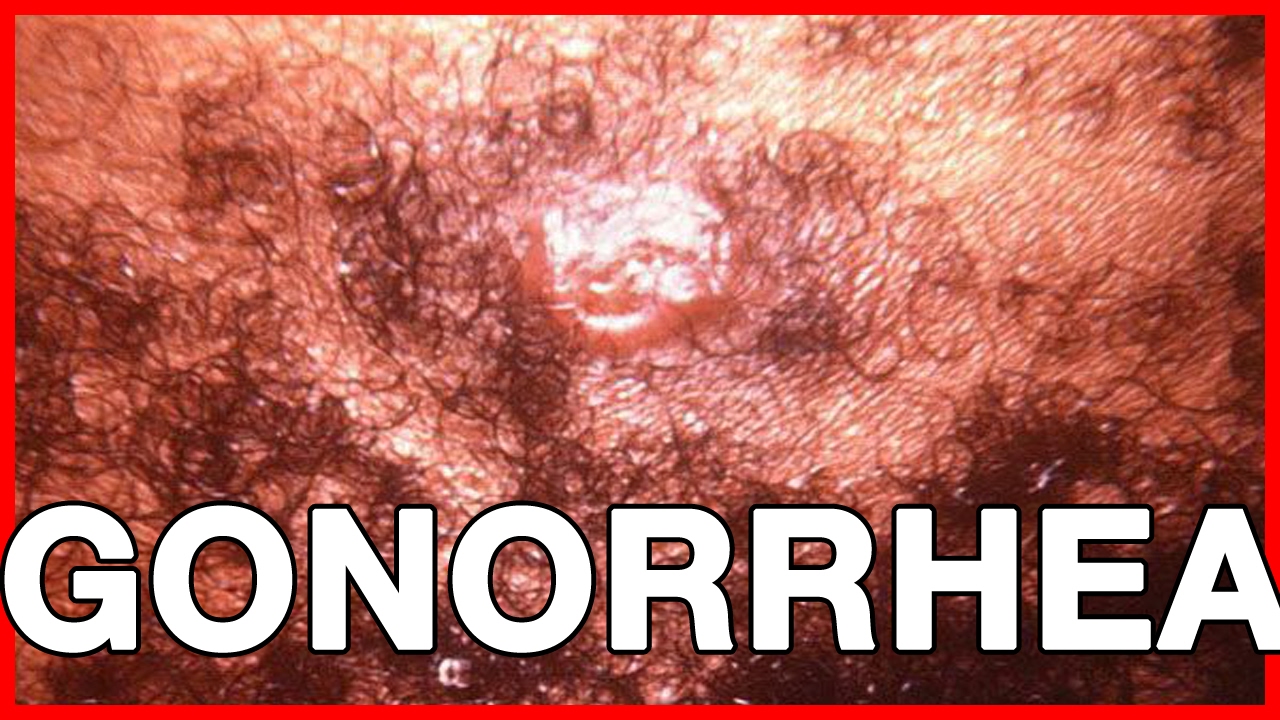

Early menopauseĮarly menopause, or primary ovarian insufficiency, is the loss of normal ovarian function and reduced fertility before 40 years of age. Please make sure you have protected intercourse until you have been tested. You should visit your primary care physician to get tested as soon as possible and discuss treatment options. It is transmitted through unprotected sex. Gonorrhea is a common STD and 350,000 cases occur each year in the United States. Urgency: Wait and watch Gonorrhea infection Symptoms that never occur with normal case of vaginal discharge: vaginal itch or burning, painful urination, severe vaginal discharge, vaginal pain, abdominal pain (stomach ache), bleeding after sex, missed period, vulvovaginal odor Symptoms that always occur with normal case of vaginal discharge: vaginal discharge Top Symptoms: vaginal discharge, mild vaginal discharge, white/gray vaginal discharge, clear vaginal discharge, severe vaginal discharge Normal vaginal discharge never causes itching or has a foul smell, and is never any color other than clear or white. If the dryness causes irritation or difficulty with sexual activity, a gynecologist can recommend an appropriate remedy. During pregnancy, it becomes white and milky in appearance.ĭuring and after menopause, the discharge lessens due to the drop in estrogen levels.

Vaginal discharge may change at different stages of life. Douching is not necessary for normal discharge. The discharge is also a cleaning mechanism, clearing away any dead cells or bacteria as it moves out of the vagina. This keeps the tissues lubricated so that they do not dry out and become irritated, and keeps the tissues slightly acidic because that helps to kill off any harmful germs. The body protects the vaginal tissues by producing this light mucus from glands in the cervix and in the vaginal walls. It is perfectly normal for every woman to have a clear or thin white vaginal discharge which is more or less constant. An oral contraceptive will stop the symptoms, since it also stops ovulation. Treatment requires only over-the-counter, nonsteroidal anti-inflammatory drugs to relieve the pain. These symptoms should be evaluated by a medical provider since they can indicate a more serious condition.ĭiagnosis is made through patient history. Mittelschmerz occurs about 14 days before the start of the next menstrual period.Īctual Mittelschmerz is not associated with nausea, vomiting, fever, or severe pelvic pain. In a few cases, there may be vaginal spotting. This is a dull, cramping sensation that may begin suddenly in only one side of the lower abdomen. The pain occurs when the follicle ruptures and releases the egg. Mittelschmerz is a German word that translates as "middle pain." It refers to the normal discomfort sometimes felt by women during ovulation, which is at the midpoint of the menstrual cycle.Įach month, one of the two ovaries forms a follicle that holds an egg cell.

Ovulation pain (mittelschmerz) or midcycle spotting Treatment involves prescription metronidazole or tinidazole. He or she may order a number of tests to identify if the bug is actually the cause of your symptoms. You should go see your primary care doctor in the coming days. It affects over 3 million people per year, but only about 30% have any symptoms. Trichomonas vaginalis infection (or "Trichomoniasis" or "trich") is a common sexually transmitted disease caused by a parasite of the same name. Treatment often is just an over-the-counter cream, though oral anti-fungal medications are sometimes prescribed. Recurrent infections may be diagnosed through pelvic examination and vaginal swab. Most yeast infections are diagnosed simply through the patient's description of symptoms. If not treated, the yeast infection can become "complicated," severe, and difficult to cure. Symptoms include itching, burning, pain, and soreness inside the vagina and on the external tissues (the vulva,) and a thick, white vaginal discharge. It can also be transmitted through sex or through mouth-to-genital contact. Women who are pregnant, on the birth control pill, or diabetic are more prone to yeast infections, as are those who have weakened immune systems.

The organism is a normal inhabitant of the mouth, gastrointestinal tract, and vagina.Īntibiotics can kill off the healthy bacteria in the vagina, allowing overgrowth of the fungus. A vaginal yeast infection, also called genital/vulvovaginal candidiasis, is actually caused by the fungus Candida albicans and is very common.


 0 kommentar(er)
0 kommentar(er)
